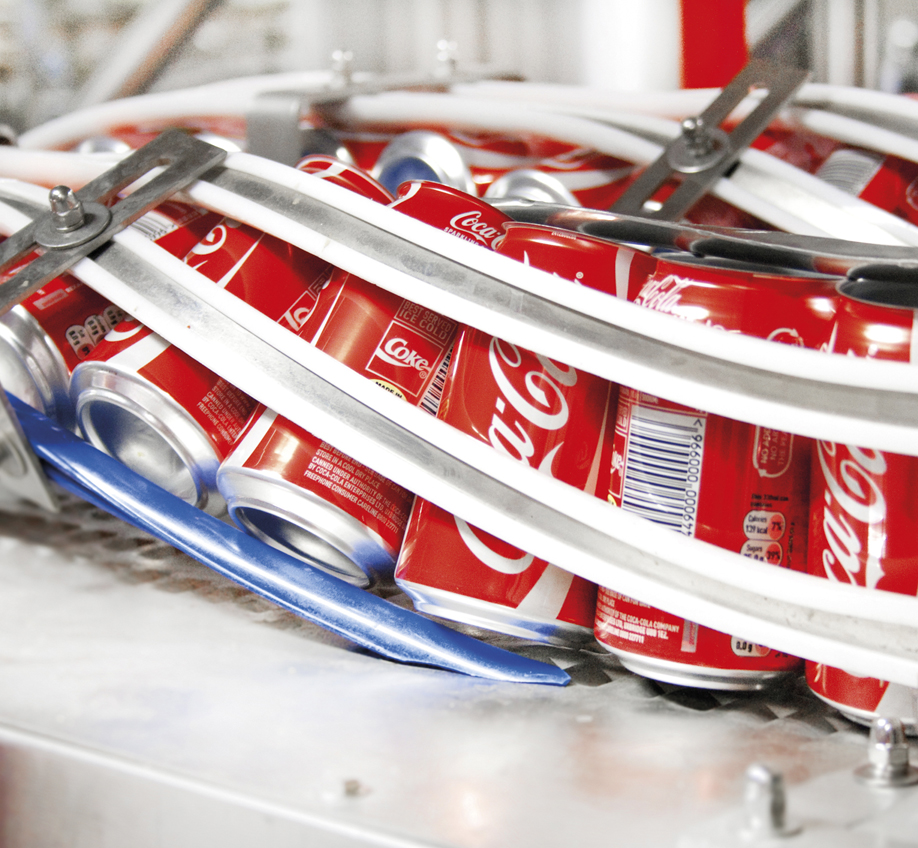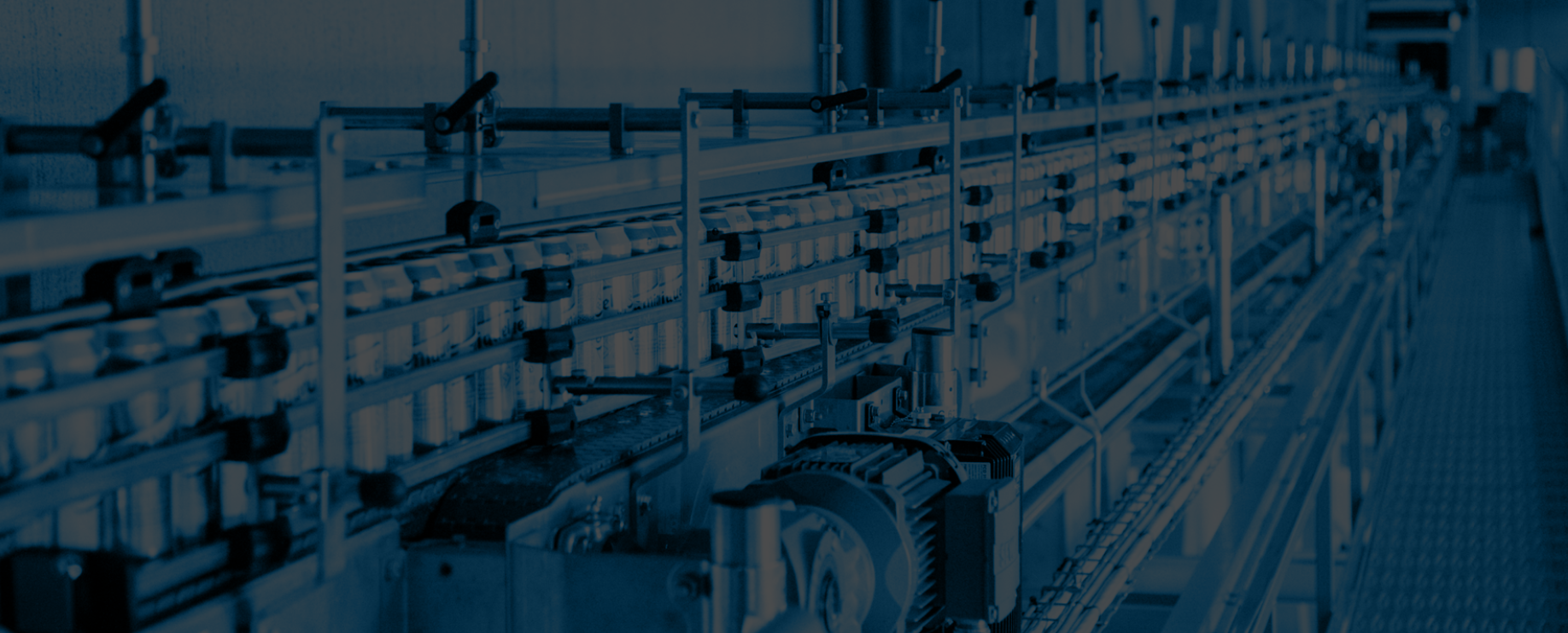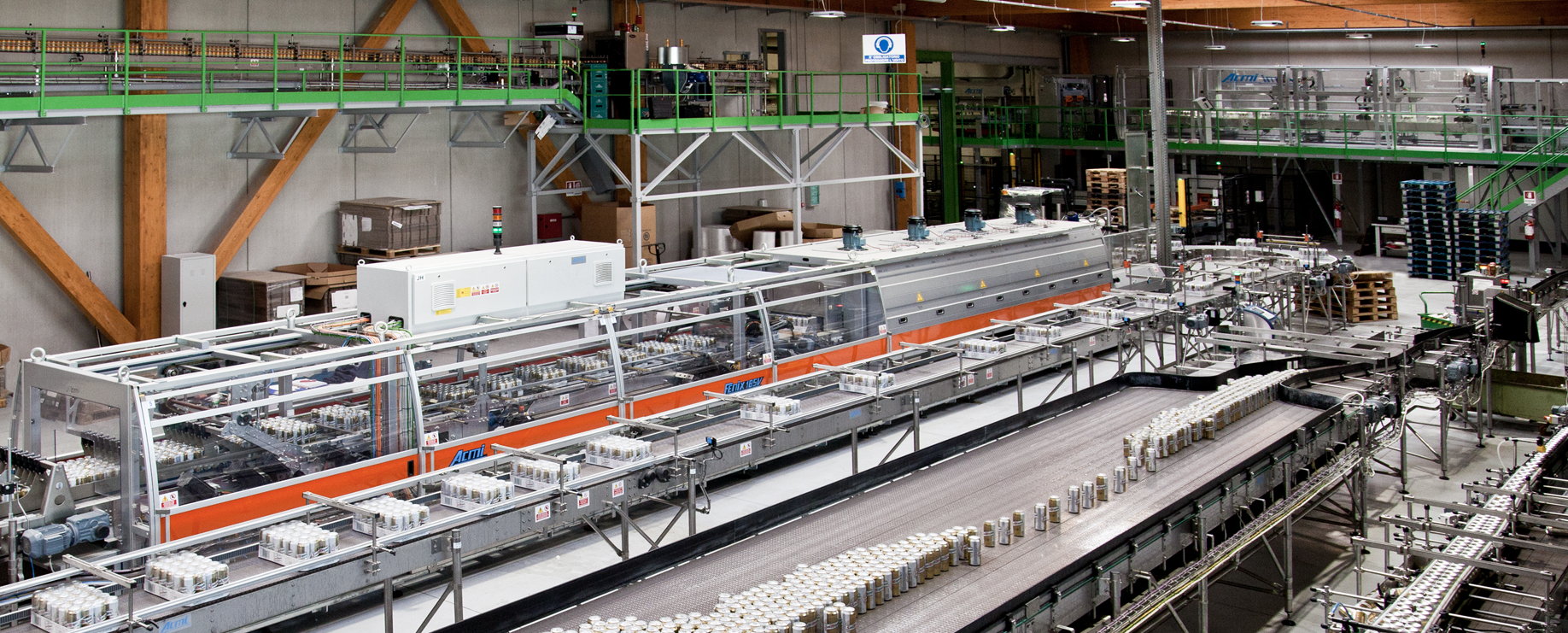The Importance and Functionality of Can Conveyors
Can conveyors are essential components in the manufacturing and packaging industries, particularly in sectors such as food and beverage, pharmaceuticals, and consumer goods. These specialized conveyor systems are designed to efficiently transport cans throughout various stages of production, ensuring seamless and efficient operations.
Functionality and Types
Can conveyors come in several designs, each tailored to specific needs and processes within a production line. The most common types include belt conveyors, chain conveyors, and roller conveyors. Each type serves a distinct purpose:
- Belt Conveyors: These are used for smooth and continuous transportation of cans. They are ideal for moving cans over long distances or through processes that require a gentle handling of the product to prevent damage.
- Chain Conveyors: These are robust and durable, suitable for moving heavy loads. Chain conveyors are often used in environments where the cans are subjected to rigorous processing stages, such as filling, labeling, or capping.
- Roller Conveyors: These are used for transporting cans through gravity or manual push, often employed in short distance transportation or in accumulation zones where cans are queued for the next stage of processing.
Advantages of Can Conveyors
The implementation of can conveyors in a production line offers several advantages:
- Increased Efficiency: Can conveyors streamline the transportation process, reducing manual labor and minimizing the time it takes for cans to move from one stage of production to the next.
- Consistency and Reliability: Automated conveyor systems ensure a consistent flow of cans, reducing the likelihood of bottlenecks and ensuring that production schedules are met.
- Enhanced Safety: By automating the transportation process, can conveyors help reduce the risk of workplace injuries associated with manual handling of heavy or bulky items.
- Flexibility: Modern can conveyors can be customized to fit various production line configurations, accommodating changes in production volume and different can sizes.
Applications in the Industry
In the food and beverage industry, can conveyors are critical for handling canned goods, from soups and vegetables to soft drinks and beers. They ensure that each can is accurately filled, sealed, and labeled before being packed for distribution. Similarly, in the pharmaceutical industry, can conveyors are used to handle cans containing medical products, ensuring that each unit is carefully processed and tracked.
Conclusion
Can conveyors play a vital role in the efficiency and effectiveness of manufacturing processes. By facilitating the smooth and reliable transport of cans, these systems help maintain high standards of productivity and safety. As technology advances, can conveyors continue to evolve, offering even more sophisticated solutions to meet the dynamic needs of modern manufacturing industries.















































































